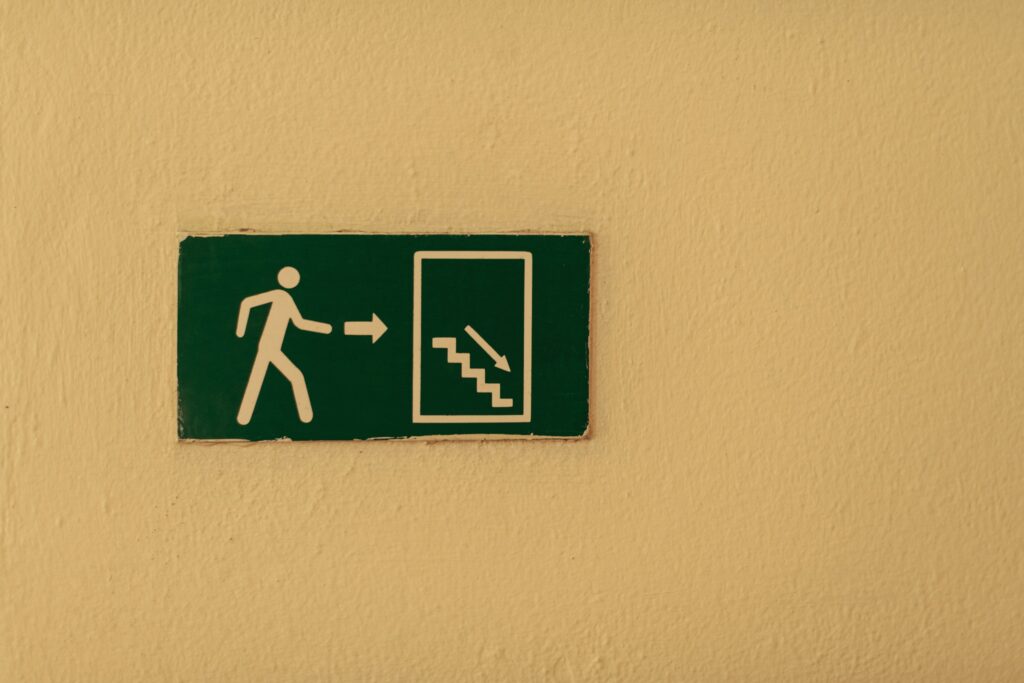
Once we’ve invested the time and effort it takes to be informed about what the Scripture says, and what the law requires, and what the culture expects, we need to get down to the business of making decisions about how we respond to specific demands from those authorities.
We tend not to do well when we make snap decisions. Many decisions about these matters—especially the most important or significant ones—are complex and require us to think through extended arguments pro or con. That takes time, effort, and discipline.
Add to that the fact that social media is formulated in such a way that it discourages us from complex thought (I’ve written on that here), and we’re temperamentally and intellectually disinclined to spend that time and expend that effort. We have to fight against our own inclinations and those of our peers.
By the way, this ability to think through complex problems to a proper application is called “wisdom” in the Bible, and it’s highly commended and recommended there. Start with Proverbs.
So. What process do we follow to arrive at a wise decision when authorities appear to be in conflict? Let me suggest one that works for me.
- First, gather the data. Make sure you know what you’re talking about.
- What does the Scripture actually require?
- What does the law actually require?
- What does the culture actually expect? And how broadly pervasive is that expectation?
Often I find that at this point there’s no actual conflict; I can figure out a way, sometimes requiring a little creativity, to satisfy all the authorities. I find that Christians are often too quick to pull the trigger on civil disobedience or offensiveness to the culture—or disobedience to the Scripture in order not to be offensive to the culture.
- Next, determine the importance. Do you actually have to make a choice? Proverbs—that book of wisdom—says, “He that passeth by, and meddleth with strife belonging not to him, Is like one that taketh a dog by the ears” (Pr 26.17). Not every controversy is one you need to take sides in; and that’s especially true in a culture where various media outlets raise their ratings, and consequently their ad revenue, by serving up The Outrage of the Day, every day, and sometimes more frequently than that.
- Now, if you’ve decided that you need to act on the issue, it’s time to give thought to the way you act. Harsh confrontation, complete with your shaking your fist in someone’s face, need not be your first choice—and frankly, I’m not sure it’s ever a proper choice, especially given Jesus’ words about turning the other cheek (Mt 5.39) and Paul’s words in his letter to the Colossian church:
Let your speech be alway with grace, seasoned with salt, that ye may know how ye ought to answer every man (Co 4.6).
And a few further considerations:
- What is the Authority Priority? I’d say we obey the Scripture first, then the law, then the cultural expectation.
- What response best reflects Jesus’ thinking and behavior? Yes, that can be difficult to determine: he overturned tables in the Temple, and later he stood silent before his accusers and took their beatings. And there’s theology to consider behind both of those responses.
- How will your response affect others, both regenerate and unregenerate? Paul talks directly about the importance of protecting the conscience and edification of a fellow believer (1Co 8.4-13; 10.23-31), and Peter speaks of the importance of avoiding unnecessary offense in the communication of the gospel, “with meekness and fear” (1P 3.15).
- A sobering consideration is this: though you will never have to answer to God for your sins—Jesus’ cross work has taken care of that—you will one day give an account to him for your stewardship, your use of the time and characteristics he has given you. He can’t be fooled, and he’s not likely to be happy with casual or slipshod decision-making on matters of obedience.
So. Navigate the tensions between authorities carefully, thoughtfully, with grace toward all, with joy for Christ’s companionship, and with the confidence that comes from knowing who wins in the end.
Photo by Aaron Burden on Unsplash



